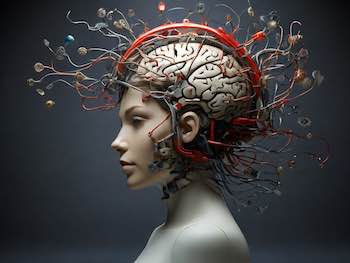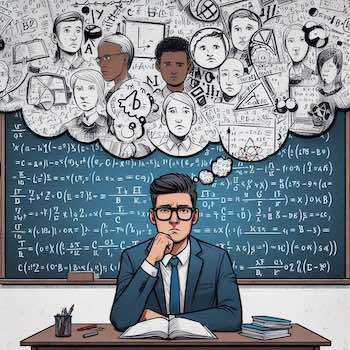Does the Chinese Chamber still have an interest today?
John Searle’s goal in 1980, in designing this thought experiment, was to denigrate the possibility of understanding and consciousness in an artificial intelligence. Searle imagines himself locked in a room with a catalogue of rules for answering sentences in Chinese, a language he does not know. With these syntactic rules he can answer in Chinese. … Read more







